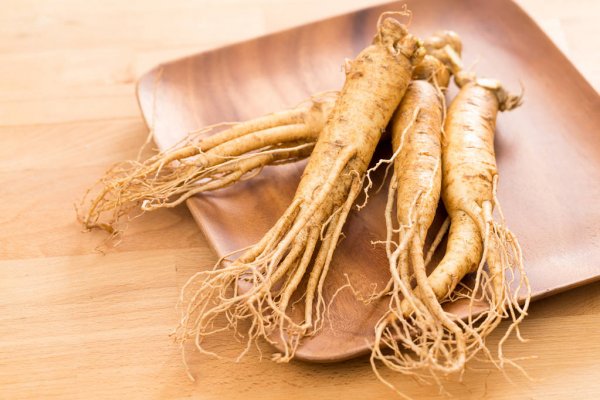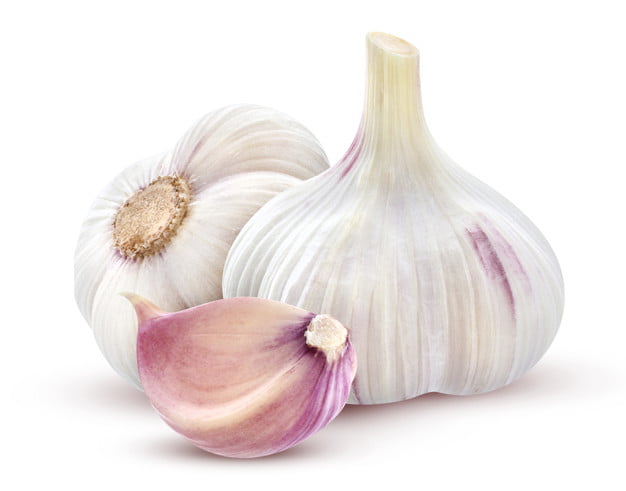Why am I not getting pregnant? Can’t ignore this question anymore? Your friends are posting pictures of their new babies, meanwhile, you and your partner stare down at a negative pregnancy test each month.
You are not alone! Infertility affects both men and women equally. Male infertility can present as low libido, erectile dysfunction, premature ejaculation, low sperm count, and motility.
Low sperm count and motility mean that the fluid (semen) you ejaculate during an orgasm contains fewer sperm ( <15 million) than normal and has little or no movement.
Having a low sperm count decreases the odds that one of your sperm will fertilize your partner’s egg.
However, using these 10 herbs will boost your sperm count, motility, and improve semen quality.
Herbs for Low Sperm Count and Motility.
1. Ashwagandha
Ashwagandha also called Indian ginseng has long been in use as an aphrodisiac and stress reliever in Ayurvedic medicine.
In one study, men who received ashwagandha for stress experienced higher antioxidant levels and better sperm quality. After 3 months of treatment, 14% of the men’s partners became pregnant. [1]
Ashwagandha is a safe male supplement, however, people with autoimmune diseases like thyroid disease and type 1 diabetes should check with their doctor before taking it as it may increase thyroid levels and decrease blood sugar in some people.
You can find a great selection of high-quality ashwagandha supplements online.
2. Fenugreek
Fenugreek (Trigonella foenum-graecum) is a healthy herb that tastes like maple syrup and is used to spice-up dishes.
This incredible herb has long been in use traditionally as a natural remedy for poor sperm count and low testosterone levels in men.
One study found that Furosap, a patent-pending compound developed from fenugreek seeds significantly improved overall semen quality and sperm count. [2]
You can find various fenugreek products and dietary supplements in food stores or online.
3. Tribulus
Tribulus terrestis also called Puncturevine is an ancient herb that has long been in use to treat male infertility and improve libido.
One study carried out on men with low sperm count found that Tribulus extract improved sperm count and semen quality in just 2 months. [3]
Also, some muscle builders use Tribulus supplements to boost testosterone levels and increase muscle strength, however, there is no clear scientific evidence on how it does that.
4. Maca
Maca (Lepidium meyenii) is a popular root crop that originated from Peru.
Traditionally, it is used to boost libido, increase testosterone levels, boost performance, and treat female infertility.
However, in one study, maca increased sperm count and motility in 9 adult men administered with 1.5 – 3 grams of maca for four months [4] showing that it was also effective in improving sperm count.
5. Ginseng

Ginseng (Panax ginseng) is also called Asian ginseng. It has long been in use in traditional Chinese medicine to treat problems of male fertility and boost sexual health.
One study analyzed three species of ginseng and found that it could treat low sperm count and motility, improve libido, fight erectile dysfunction, enhance sperm quality, and preserve ejaculated sperm. [5]
Also read: 15 healthy African foods high in dietary fiber
6. Safed Musli
Safed Musli (Chlorophytum bolivilianum) is an ancient rare Indian herb that has been used to treat weakness, low libido, premature ejaculation, etc.
It is rich in antioxidants like flavonoids and other phenolic compounds. Antioxidants are compounds that protect your cells from damage.
One study found that Safed Musli could be useful in treating premature ejaculation and boosting sperm count. [6]
It is highly effective and is often referred to as natural Viagra. You can find Musli as a single dietary supplement or in combination with other herbs.
7. Mucuna pruriens
Mucuna pruriens also called Velvet beans is a leguminous plant that originated from parts of Africa and Asia. It is used traditionally to treat infertility in both males and females.
One study found that treatment with M. pruriens improved sperm concentration and motility in infertile men. [7]
You can add the dried seed powder to smoothies.
8. Tongkat Ali
Tongkat Ali (Eurycoma longifolia) commonly called Longjack is a Malaysian plant that has been used traditionally to treat various ailments.
Specifically, it is used in traditional medicine to treat erectile dysfunction, weak erection, improve testosterone levels, and increase semen quality.
A study in 75 male partners of couples with infertility found that taking 200 mg of Tongkat Ali extract per day significantly improved sperm concentration and motility after 3 months. The treatment helped over 14% of couples become pregnant [8]
The health benefits of Tongkat Ali likely stem from various compounds found in the plant.
9. Butea Superba
Butea Superba is a vine shrub native to Asia.
It is used traditionally to treat low sperm count, erectile dysfunction, and increase testosterone levels in men.
A study found that Butea Superba increased total sperm count by 16% more than the control group. [9]
You can find this wonder plant in powder form or as a supplement in drug stores.
10. Garlic

Garlic (Allium sativum) is a popular herb used in cooking. It is incredibly healthy and can increase fertility due to its rich antioxidant content. [10]
It contains Vitamin B6, zinc, and selenium, three important compounds that play a role in increasing sperm count and motility.
Also, it helps to improve blood circulation to the testes and around the body.
You can add garlic to your dishes.
The bottom line
Always keep in mind that anything that improves your overall health is most likely to boost your sperm count and motility.
Here are other useful tips to help boost your sperm count, motility, and overall semen quality.
- Avoid alcohol
- Eat healthy meals and exercise
- Get adequate sleep
- Eat zinc-rich foods
- Avoid pesticide-contaminated foods.
Also Note: If you are on any medications or have any pre-existing health conditions like hypertension, diabetes, thyroid disease, liver disease, etc. speak with your doctor or pharmacist before taking any of these herbal products or supplements to avoid interactions.
If you enjoyed reading this post, drop your questions, comments, and don’t forget to share it with your friends!
Get new free and exclusive health tips delivered straight to your inbox!



